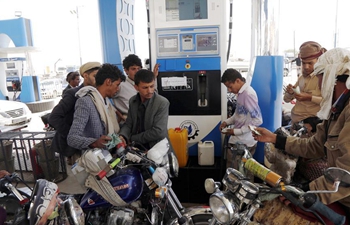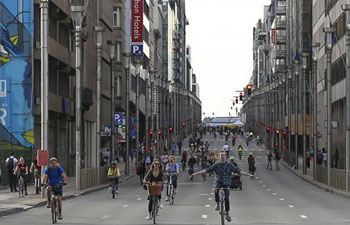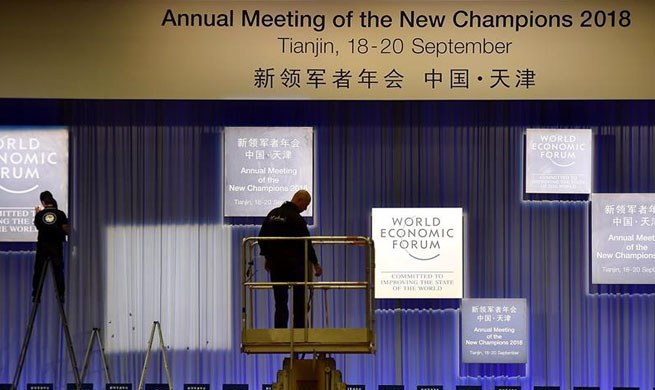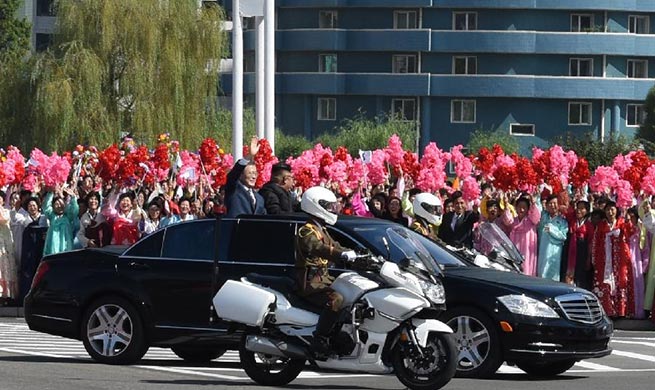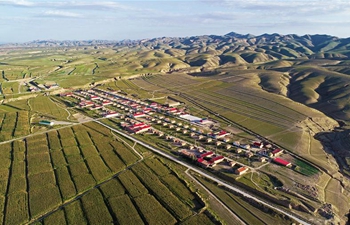BEIJING, Sept. 18 (Xinhua) -- China has made an unprecedented contribution to reducing global poverty by lifting 700 million people out of poverty over the past 30 years, but rapid population growth in the poorest countries, particularly in Africa, could stall this progress, says a report from the Bill & Melinda Gates Foundation Tuesday.
The Goalkeepers Data Report 2018 says the population growth in Africa as a whole is projected to almost double by 2050, which means that even if the percentage of poor people on the continent is halved, the number of poor people stays the same.
If current demographic trends continue, the number of extremely poor people in the world could stop its two-decade decline - and could even rise.
"The demographics are a bit different to what most people expect. You know, the actual total number of births in the world is not going up. It's not more babies being born, but it is babies being born in these poor countries," said foundation co-chair Bill Gates in a phone interview with Xinhua.
Despite the sobering projections, the report expresses optimism that today's growing youth populations could help drive progress.
Investing in the health and education of young people in Africa could unlock productivity and innovation, leading to a "third wave" of poverty reduction, following the first wave in China and the second in India, says the report.
Empowering youth means not only feeding them but offering the opportunities of a quality education, the report says.
According to this year's World Development Report, a lot of schools around the world aren't doing a good job of students learning, even if they're doing a good job of providing access. African schools are particularly weak in terms of learning.
"So, rather than a pure economic measure, if you look at empowering youth, it's education and quality of education after the sort of basics of diet and health," said Gates.
Through essays by experts and journalists, the report examines promising approaches in health and education, highlighting ways that young people could help transform the continent.
Investments in health and education, or "human capital," in sub-Saharan Africa could increase GDP in the region by more than 90 percent by 2050, it says.
It calls for the rest of the world, including China and the United States to continue strengthening the relationships with Africa.
"China's a great exemplar in the investments it made in human capital and improving health and the quality of education," said Gates, citing China's experience.
At the 2018 Beijing Summit of the Forum on China-Africa Cooperation (FOCAC) this month, China announced a total of 60 billion U.S. dollars of financing for Africa.
Gates said non-governmental cooperation should also be encouraged and strengthened.
Philanthropy in China is growing and some Chinese NGOs not only offer money and assistance to domestic recipients, but go to poor countries to help with kids' nutrition and education.
"We think that's a great thing, and we'll partner with potential partners to work towards common goals and help kids," Gates said.





